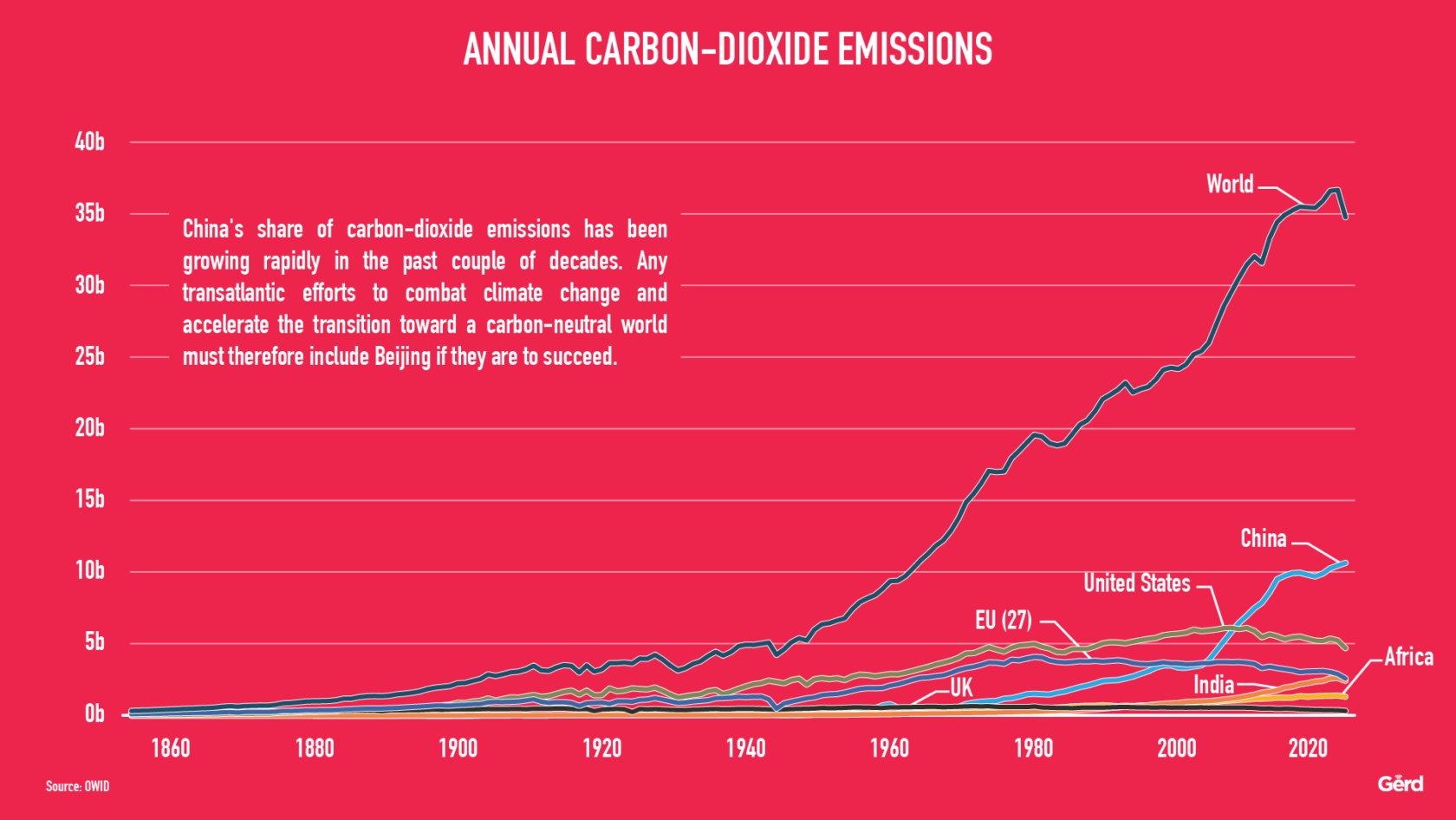I'm reading: “How can the World Economic Forum earnestly pretend to address global crises while being funded by the corporations that fuel these crises…” via New Republic. Personally, I still think that the WEF does very interesting and useful work.
“So apparently Davos is less fun these days now that attendees feel a sense of “permacrisis” and are no longer so sure that globalization is winning. That gloomy mood is probably for the best: There is no reason these particular people should be feeling good about themselves and their track record running world affairs. And hey, maybe if this party gets depressing enough, it’ll be canceled next year altogether. For all WEF’s talk about Davos being a “carbon neutral” event, the fact remains that private jet emissions quadrupled during Davos 2022 as compared to an average week. That’s one thing you could genuinely say the forum excels at: hot air.

The list of corporations behind the annual Davos bash is not a tangential issue. While WEF has certainly hosted some serious people over the years, the organization is fundamentally funded by its corporate members and partners, for the purpose of “bring[ing] together decision-makers from across society to work on projects and initiatives that make a real difference,” per the statement on WEF’s website. Bringing together decision-makers is, of course, a polite way of saying that CEOs get to hang out in a Swiss resort with world leaders all week. So while they self-describe as a group that can solve the world’s problems (their stated goal is to have a “positive impact at all levels of society”), it’s not exactly surprising that over the years, the forum has largely spotlighted free-market solutions that corporations like. (As the conservative British magazine The Spectator noted this week, giving top corporations weeklong access to the world’s most powerful policymakers “is the picture-perfect example, not of free market capitalism, but of crony capitalism.”)
RELATED VIDEO
